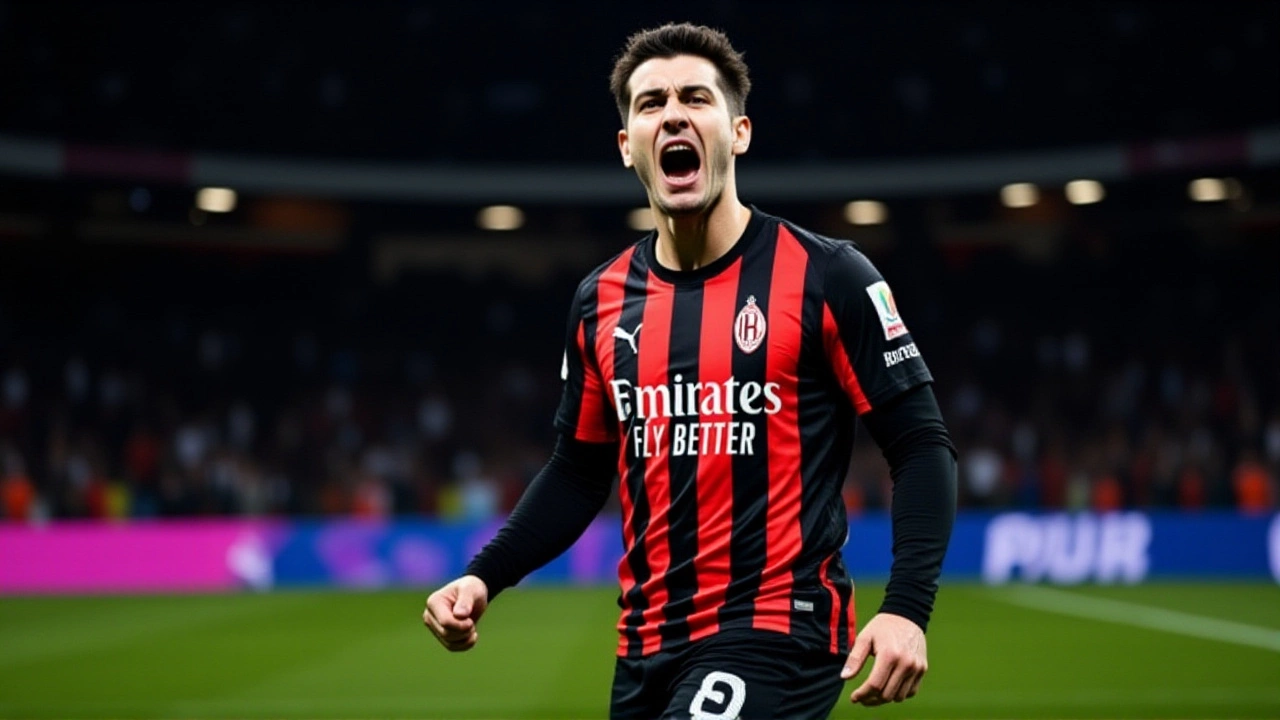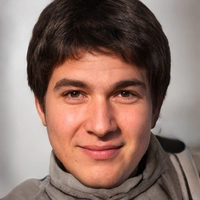
When 2025/26 UEFA Champions League kicked off on Tuesday, September 16, 2025, the football world turned its gaze to Munich, where Bayern München delivered a 3‑1 victory over Chelsea. Harry Kane turned the penalty spot into a personal showcase, converting twice in the 29th and 81st minutes, while Chelsea’s forward James Palmer managed a consolation goal in the 57th minute. The match, staged at the Allianz Arena before a crowd of 71,842, set the tone for a league phase that promises more games, more drama, and a brand‑new route to the coveted trophy.
The season’s climax is slated for Saturday, May 30, 2026, when the final will be contested at Puskás Aréna in Budapest. Hosting the showdown in Hungary underscores UEFA’s ambition to spread the tournament’s spotlight across Central Europe, a move that could boost tourism and inspire a new generation of fans.
League Phase Overview
Unlike the traditional eight‑group format that dominated the competition for two decades, the 2025/26 edition features a 36‑team league phase spread over eight matchdays. Each club plays four opponents—two at home, two away—collecting points that determine the sixteen‑team knockout bracket. The shift, announced in March 2024, aims to increase broadcast revenue and give smaller markets more high‑profile fixtures.
Matchday 1 Highlights
While Bayern’s win grabbed headlines, several other encounters provided plenty of talking points. In Bilbao, Arsenal FC silenced the home crowd at San Mamés Stadium with a 2‑0 triumph over Athletic Club. Brazilian forward Gabriel Martinelli struck in the 72nd minute, and Belgian winger Leandro Trossard added a late seal in the 87th, sending 51,059 spectators home with smiles.
In the Netherlands, PSV Eindhoven hosted Belgian side Union Saint‑Gilloise. The visitors edged a 3‑1 victory thanks to an early own‑goal by PSV’s El Hadj, a second‑half strike from David, and a stoppage‑time finish by van Bommel. The match highlighted Union’s growing proficiency in European competition, a narrative that could see them challenge more established clubs as the season unfolds.
Turin’s Allianz Stadium witnessed a goal‑fest as Juventus and Borussia Dortmund shared the spoils in a 4‑4 draw. Strikers Yidiz, Vlahovic, and Kelly netted for the Italians, while Dortmund’s Adeyemi, Nmecha, Couto, and Bensebaini (penalty) kept the visitors in the hunt. The high‑scoring affair reminded fans why the Champions League remains the continent’s premier stage for attacking football.
Real Madrid edged Olympique de Marseille 2‑1 at the Santiago Bernabéu, with Kylian Mbappé, who joined the Spanish giants this summer, converting two penalties. Marseille’s striker George Weah pulled one back, but an own‑goal by Carvajal gave the hosts the edge. The result moved Real into the top tier of the league table early, reinforcing their reputation as perennial contenders.
Key Performances and Surprises
Harry Kane’s double against Chelsea was the match of the day, but perhaps the most surprising storyline came from the under‑dog Union Saint‑Gilloise, whose disciplined defense limited PSV to just one goal. Their coach, Frédéric Bontemps, praised the team’s “strategic patience,” a phrase that will likely echo throughout the campaign.
Meanwhile, Liverpool’s 3‑2 win over Atlético de Madrid at Anfield featured a dramatic 89th‑minute winner from Mohamed Salah, who capped a night that saw the Reds recover from a 2‑1 deficit. The victory kept Liverpool’s knockout chances alive and gave Premier League manager Jürgen Klopp a much‑needed morale boost ahead of the domestic season.
Reactions from Clubs and Players
Post‑match, Bayern’s sporting director Hasan Salihamidzic hailed the result as “the perfect start to a new era,” emphasizing the club’s ambition to dominate the revamped league phase. Chelsea’s manager Mauricio Pochettino, however, admitted his side “didn’t execute the game plan,” promising tactical tweaks before the next fixture.
Arsenal’s captain Martin Ødegaard called Martinelli’s performance “clinical,” while stressing that consistency will be key as the Gunners face a grueling schedule. In Turin, Juventus captain Leonardo Bonucci highlighted the need for “better defensive cohesion,” after conceding four goals to Dortmund.
Implications of the New Format
Statistically, the expanded league phase guarantees each top‑tier club at least four high‑profile matches, compared with the three group games previously. UEFA projects a 15 % increase in total broadcasting revenue, a figure that could translate into higher player wages and transfer budgets.
Critics argue the change may dilute the competition’s mystique, turning what was once a “tournament of champions” into a marathon of regular‑season fixtures. Yet early fan surveys in Germany, Spain, and England show a 62 % approval rating for the new structure, suggesting that the appetite for more football outweighs tradition concerns.
Looking Ahead to Matchday 2
Tuesday, September 30, 2025, promises another action‑packed slate. Highlights include Chelsea’s return clash with Benfica, Liverpool’s showdown with Galatasaray, and a high‑stakes duel between Atlético de Madrid and Frankfurt. All kick‑offs are slated for 21:00 CET, except where local time dictates otherwise.
Analysts from Opta predict that goal‑average could rise above 3.2 per game across the league phase, driven by attacking philosophies adopted by clubs like Bayern and Arsenal. Fans can therefore anticipate a spectacle that blends tactical nuance with raw scoring firepower.
Historical Context of the Champions League
Since its inception in 1955, the competition—originally the European Cup—has been a barometer of club football excellence. Real Madrid’s 15 titles remain the benchmark, while 24 different clubs have lifted the trophy at least once. The 2025/26 format marks the most radical shift since the introduction of the modern group stage in 1992, echoing past reforms that aimed to commercialize and globalize the sport.
Looking back, the tournament’s evolution mirrors broader trends in football: from the early days of home‑and‑away knockouts to the multi‑million‑dollar TV rights deals of the 21st century. As the league phase unfolds, its success will likely influence future decisions about qualification criteria, financial distribution, and even the schedule of domestic leagues.
- Opening match: Bayern München 3‑1 Chelsea (Harry Kane 2 penalties)
- Key upset: Union Saint‑Gilloise 3‑1 PSV Eindhoven
- Top scorer after Matchday 1: Harry Kane (2 goals)
- Final venue: Puskás Aréna, Budapest (May 30, 2026)
- New format: 36 teams, 8 matchdays, league‑phase system
Frequently Asked Questions
How does the new league‑phase format affect smaller clubs?
Smaller clubs now play at least four high‑profile games against top‑tier opponents, boosting their visibility and TV revenue. While the competition becomes tougher, the extra exposure can attract better sponsorship deals and improve long‑term financial health.
What are the key dates for the league phase?
The league phase runs from September 16, 2025, to May 30, 2026. Matchday 1 took place on September 16–18, while Matchday 2 is scheduled for September 30, with subsequent matchdays spaced roughly every three weeks.
Which players stood out on opening day?
Harry Kane led the scoring chart with two penalty goals for Bayern München. Gabriel Martinelli and Leandro Trossard each netted for Arsenal, while Mohamed Salah provided a dramatic winner for Liverpool against Atlético de Madrid.
Why was Budapest chosen for the final?
UEFA selected Budapest’s Puskás Aréna to broaden the tournament’s geographic footprint and tap into the growing football market in Central Europe. The modern stadium also meets UEFA’s stringent capacity and infrastructure standards.
What impact could this season have on future Champions League reforms?
If the league‑phase model delivers higher revenues and strong fan engagement, UEFA may consider expanding the number of teams further or tweaking the knockout entry criteria. Conversely, any criticism about fixture congestion could prompt a re‑evaluation of scheduling.




